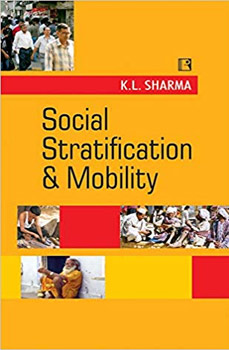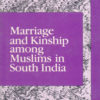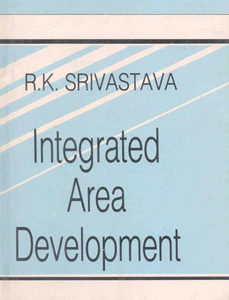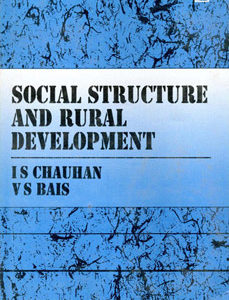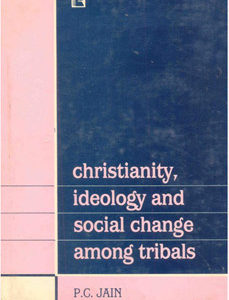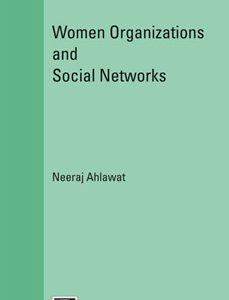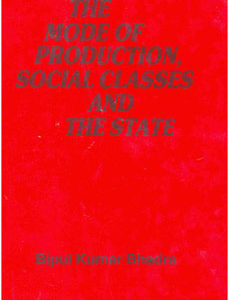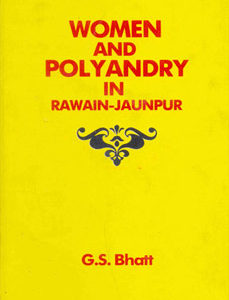SOCIAL STRATIFICATION AND MOBILITY
₹1,095.00 Original price was: ₹1,095.00.₹876.00Current price is: ₹876.00.
25 in stock
Social stratification as a theme of study and research in sociology occupies a place of immense significance. Structural, ideological and emotional issues, involved in the study of social stratification, have created controversies and diametrically contrary viewpoints. Professor Sharma examines critically theoretical and methodological issues in the essays included in this volume. A preference for the structural-historical approach with interdisciplinary focus is evident in it.
Further, the book provides a comprehensive and critical review of the studies on social stratification particularly from a sociology of knowledge perspective. The debate regarding caste and class is presented with a refreshing analysis in terms of their nexus and continuity and change. Gaps between theory and method in respect of the studies on social stratification in India have also been pointed out. A note of Louis Dumont’s Homo Hierarchicus provides a brief, though critical, account of the structuralist perspective on caste stratification.
Profiles of social stratification in specific settings such as urban-industrial, rural-agrarian and tribal provide a semblance of theoretical issues and empirical realities. Essays on social stratification and mobility among the scheduled castes, in particular, highlight the caste-class nexus. How ethnicity and class influence social relations among the tribal people is discussed in detail. Although, social mobility is discussed as a concurrent theme in all the essays, levels of social mobility, downward social mobility and social mobility among the scheduled castes have been analyzed specifically in the book.
The book encompasses all that which one would normally like to know about social stratification in India.
| Author's Name | |
|---|---|
| Binding | |
| Release Year | |
| Language | |
| Publisher |
Related products
Sociology
Sociology
CHRISTIANITY, IDEOLOGY AND SOCIAL CHANGE AMONG TRIBALS: A Case Study of Bhils of Rajasthan
Sociology
Sociology

